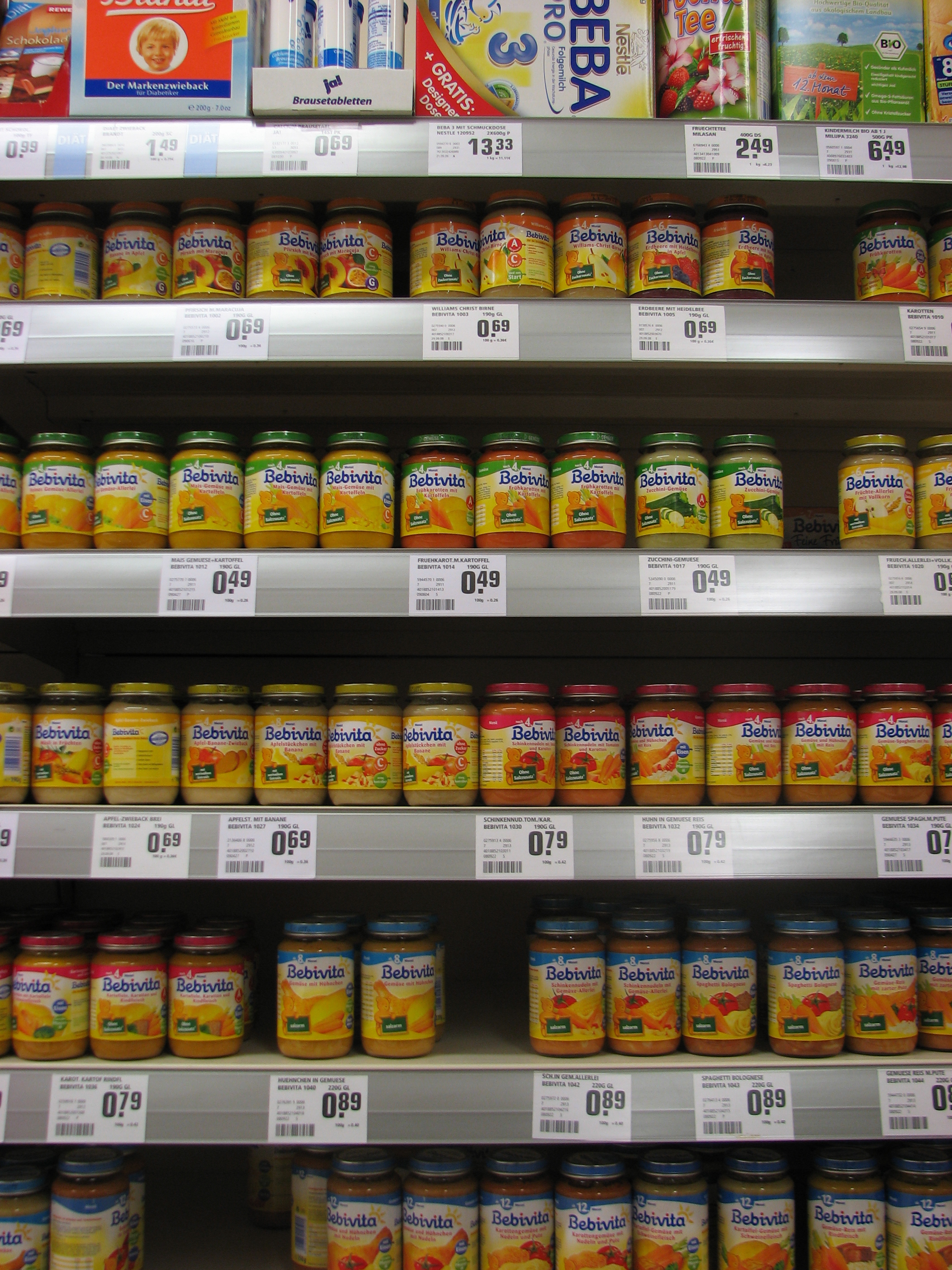Muchos políticos venezolanos exiliados se la pasan diciéndonos que este año sí vamos a salir de la dictadura. Lo dicen con el mismo fervor con el que Maduro dice que este año sí va mejorar la economía y Venezuela entrará en una época de prosperidad.
Cuando uno pregunta a estos políticos qué
van a hacer, se quedan en abstracciones. Quizá realmente temen que si
dicen algo concreto el chavismo va a socabar los esfuerzos, va a estropear todo.
Muchos venezolanos que tienen tiempo en el exterior ahora dicen que se lavan las manos y que los que están en el país tienen sencillamente - sí, sencillamente - que alzarse. Paradójicamente ahora hay muchas menos acciones de presión por parte de los venezolanos en el exterior que hace una década pese a que ahora hay más de tres millones de venezolanos fuera de su país que en aquel entonces.
Muchísimos más, tanto fuera como dentro del país, esperan que los países vecinos o los estadounidenses decidan intervenir en Venezuela. Muchos esperan que los militares, altamente.
Algunos, relacionados ante todo con grupos como Falcón, dicen que ahora sí hay que participar en las elecciones...lo dicen sin preparar nada.
Mientras tanto, miles de venezolanos siguen huyendo día a día y la dictadura chavista se alegra porque sabe que con ello obtiene más poder, caen los ánimos de la mayoría, se quedan los más débiles.
Es ahora cuando los venezolanos de buena fe deben organizarse, exigir un debate, presentar ideas nuevas.
No se sacará al chavismo del poder solo con un abstracto "hacer presión". Practicamente todos los que están en el poder en Venezuela ahora, todos los políticos, todas las fuerzas militares y de seguridad, tienen esqueletos en su closet, son peligrosos criminales que no se imaginan fuera del poder. Se ven envalentonados por la ayuda de las fuerzas represivas cubanas, por la ayuda que reciben de una Rusia que quiere crear una nueva Siria en América, por una China que pretende estar solo interesada en relaciones comerciales con todos pero que en realidad también está jugando el juego de dividir a América Latina y conquistar espacios no solo económicos sino políticos.
El chavismo se negará vez tras vez a permitir elecciones libres. Si hubiera tales elecciones para elegir cualquier autoridad en Venezuela, de inmediato creará un nuevo ente que deje sin poder a dichas autoridades. El chavismo jugará sucio hasta el final.
Pese a todo esto es ahora cuando los venezolanos honestos deben actuar. Es ahora cuando debemos crear un movimiento que muestre con mucha claridad que ni siquiera los mafiosi del gobierno cubano o ruso van a querer apoyarlos.
Debemos aprender de los errores que ha cometido la oposición venezolana, pero también de aquellos cometidos a lo largo de las décadas por la oposición cubana y la de Siria.
En muchas ocasiones cuando en Venezuela se produjeron movimientos de protesta muchos se apresuraron a compararlos con los movimientos de protesta en la Checoeslovaquia, Polonia o Alemania de 1989 o con Ucrania de 2014, sin pensar en cuáles eran las diferencias. La dictadura chavista y sus aliados rusos, cubanos y chinos estaban mejor preparados.
Ahora nosotros debemos tomar la iniciativa y debemos hacerlo de una manera absolutamente abierta: no hay secretos qué esconder, sí hay un debate muy abierto que hay que desarrollar en todo el mundo, sí hay una guerra de principios muy clara que hay que desarrollar.
Los criminales que lideran la dictadura van a enviar a miles de provocadores a nuestras marchas frente a las embajadas. Los esbirros de la televisión de Putin van a buscar a la gente que nos haga quedar mal. Los cubanos y los chinos van a proveer de tecnología a los militares venezolanos.
Debemos crear un movimiento que explique una y otra vez cómo el chavismo odia el pluralismo, cómo es el grupo más corrupto que haya tenido Venezuela en toda su historia, cómo es responsable por el hecho de que Venezuela sea un desastre como el que es ahora. Debemos mostrar a todo el mundo y a toda Venezuela cómo funcionan los servicios de represión y cómo ellos son una minoría que debe finalmente aceptar que tienen que dejar el poder. Vamos a revelar cuán ruín es cada país que apoye a los criminales que están destruyendo Venezuela.














.jpg)

And yet: the country is still not ready for a change. We need to wait for the moment. That moment is coming soon as the economy will deteriorate further and further. But if we try to force things now, just before those who are on the threshold make out their minds, we are going to blow away our opportunity for years.
I will be more concrete on a coming post.